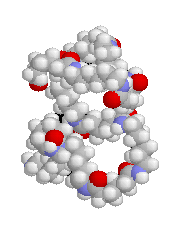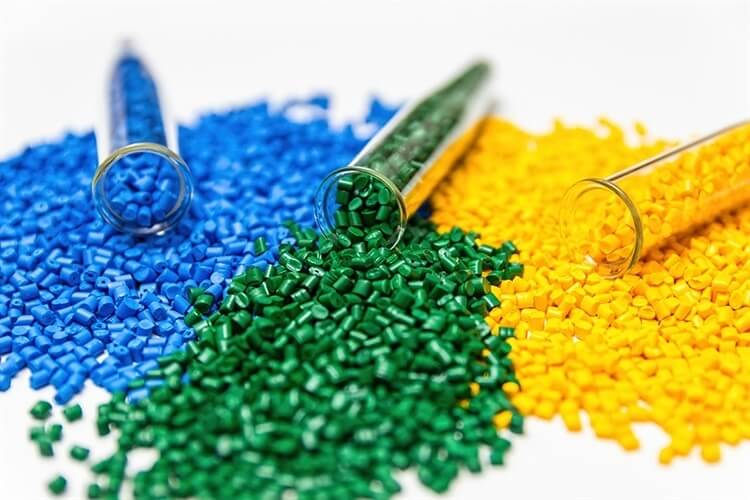Polymers in Medical Care: Improving Medical Devices and Treatments
Harnessing the Power of Polymers: Understanding the Comprehensive Uses and Positive Impacts
Polymers, with their diverse chemical frameworks and buildings, have become crucial in various sectors, reinventing the way we interact with products daily. From the packaging that safeguards our food to the fibers that clothe us, the applications of polymers are large and varied. Past their common visibility lies a deeper understanding of their positive impacts, getting to far beyond plain ease. As we discover the comprehensive uses of polymers and their function in shaping a more sustainable, effective, and ingenious future, it comes to be noticeable that their capacity is as substantial as the molecules themselves.
Adaptability in Everyday Products
Polymers show remarkable adaptability in a broad array of everyday items, showing their indispensable function in modern-day culture. From the adaptable plastic covering of smart devices to the resilient fibers in clothes, polymers have revolutionized the means we communicate with products in our day-to-day lives. One of one of the most usual uses polymers is in product packaging materials. Polyethylene, as an example, is extensively made use of in food product packaging as a result of its lightweight, sturdy, and moisture-resistant residential properties. Additionally, polymers play a vital function in the vehicle market, where they are made use of in making light-weight components that improve fuel effectiveness.
Eco-friendly polymers are used in stitches and implants, reducing the danger of negative responses in people. In the building and construction market, polymers are included into paints, adhesives, and insulation materials, boosting durability and power effectiveness.
Sustainability in Material Innovations
With the ongoing focus on environmental consciousness and source performance, the focus changes in the direction of sustainability in product technologies, reflecting an expanding commitment to accountable manufacturing techniques across different industries. Over the last few years, there has actually been a remarkable rise in the development of lasting materials, specifically within the realm of polymers. These innovative products are designed to decrease ecological impact throughout their entire lifecycle-- from sourcing basic materials to disposal or recycling.
One considerable facet of sustainability in product developments is the principle of biodegradability. Naturally degradable polymers have actually amassed focus for their ability to damage down normally into safe by-products, lowering waste and air pollution. Furthermore, making use of recycled polymers acquired from post-consumer or post-industrial resources is getting grip as a method of promoting a circular economy and decreasing dependency on virgin products.

Enhancing Performance in Engineering
Enhancing performance in design calls for a meticulous assimilation of sophisticated modern technologies and precise approaches to enhance capability and efficiency in numerous commercial applications. Polymers play an important duty in this venture, providing a wide variety of advantages that boost the efficiency of engineering materials and elements.
One secret facet of enhancing performance in design is the capability of polymers to enhance resilience and stamina. By including polymers right into design styles, suppliers can create light-weight yet robust frameworks that can endure high degrees of tension and stress. This characteristic is specifically beneficial in sectors such as aerospace, automobile, and building and construction, where the need for strong yet light-weight materials is critical.
Additionally, polymers can also enhance efficiency by offering thermal and chemical resistance, lowering rubbing, and boosting electric conductivity. These residential or commercial properties make polymers optimal for from this source a variety of engineering applications, consisting of seals, bearings, coverings, and digital parts. Polymers. By using the distinct residential or commercial properties of polymers, engineers can maximize the performance of their layouts and develop more reliable and reliable products
Influence on Clinical Improvements
The integration of innovative polymer technologies has dramatically added to cutting edge innovations in the medical field. Polymers have check this site out actually played an essential role in modern-day clinical innovations, varying from medication shipment systems to cells engineering. One of the crucial areas where polymers have made a considerable impact remains in the advancement of naturally degradable sutures and implants. These polymers can be tailored to weaken at a particular rate, enabling better injury recovery and lowering the requirement for extra surgical procedures to eliminate implants.
Furthermore, polymer-based materials are progressively being made use of in clinical devices such as catheters, stents, and prosthetics because of their biocompatibility and convenience. For example, polymer finishes on clinical gadgets can avoid infections and improve overall patient outcomes. In addition, developments in nanomedicine have actually enabled making use of polymer nanoparticles for targeted medication delivery, boosting the efficacy and lowering side effects of numerous drugs
Duty in Environmental Conservation

Furthermore, polymers are used in water therapy processes, aiding in the purification and recycling of water sources. This aids in lowering water air pollution and guaranteeing access to clean water for both human consumption and environmental wellness. Polymers also play a function in agriculture through the development of naturally degradable mulches and controlled-release fertilizers, advertising sustainable farming techniques.
Verdict
Finally, polymers have actually shown to be a versatile and crucial material in numerous industries, from everyday products to design and clinical advancements. Their effect on sustainability, efficiency enhancement, and ecological conservation is significant. Understanding the extensive uses polymers underscores their relevance in driving development and progression in numerous areas. The ongoing exploration and utilization of polymers will undoubtedly cause additional innovations and favorable effect on culture.